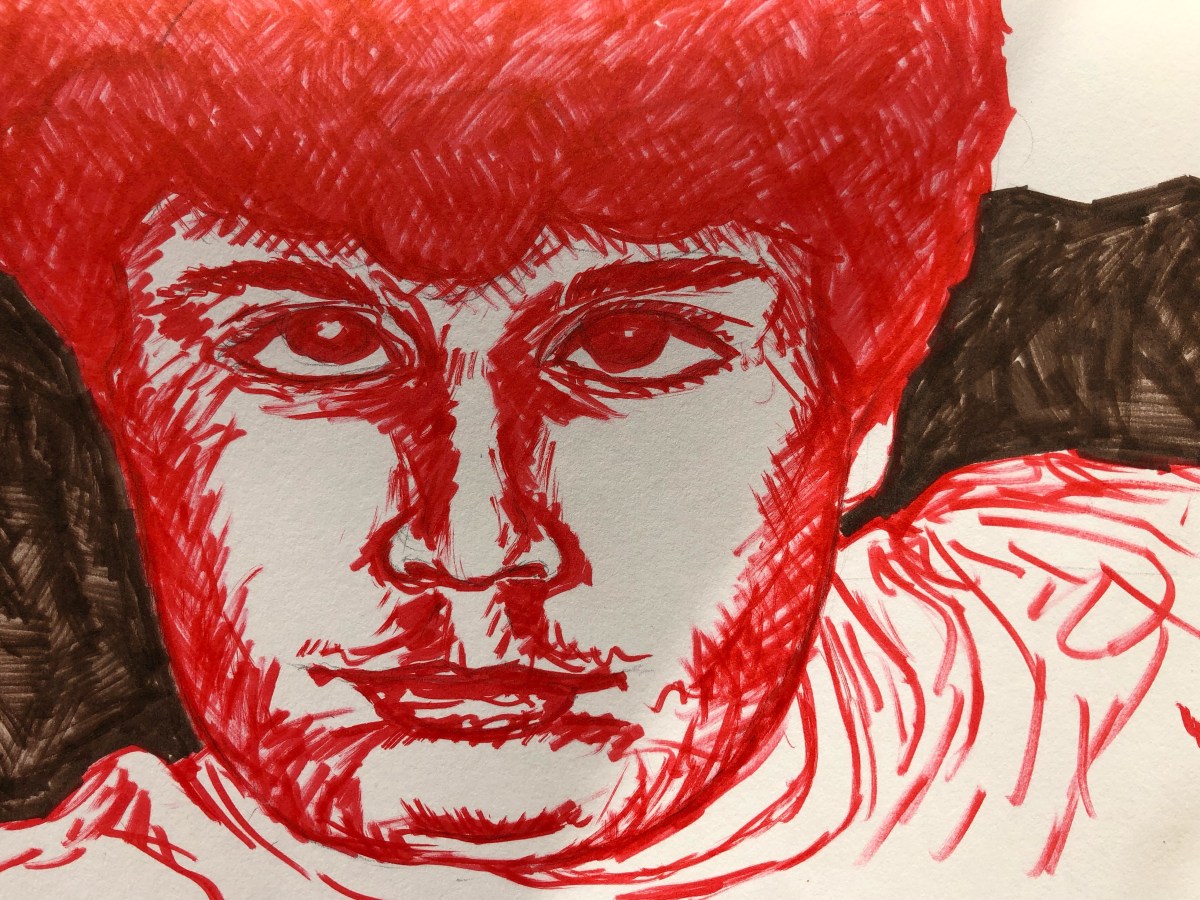Like most of us, I often feel distracted and pulled in a million directions. I wish I could engage (healthily) in my real-life and virtual life all at once, somehow taking in the torrent of cool things happening across my friends, family, and the world in a way that makes me happy and enables me to learn and grow in areas that are important to me.
Instead, I spend a lot of time trying not to engage too much in my virtual life (in the most healthy sense) and curating defenses against information overload and the fear of missing out.
“How we pay attention to the present moment largely determines the character of our experience and, therefore, the quality of our lives.” (Sam Harris, Waking Up)
This is nothing new. You are probably struggling to do the same. We all are. At this point, many many articles, books, and movies have been written about how powerless we are to control our attention and how we’ve no one else to blame but ourselves for these ad-subsidized attention-focused businesses.
In The totalitarians of the attention economy, David Heinemeir Hansson describes how extreme and mainstream the monetization of attention has become. The most recent example is from Daniel Ek, CEO of Spotify, who was quoted as saying the following in an interview on The Verge:
…I’m paying as much attention to Clubhouse as I am looking at Fortnite, or Minecraft, or Roblox.All forms of media and entertainment is minutes that could have been spent listening to audio instead. So we’re definitely paying attention to it. I’m paying as much attention to Clubhouse as I am looking at Fortnite, or Minecraft, or Roblox.”
David goes on to add:
Every minute is a minute you could have spent listening to audio on Spotify. How depressing is that. How obsessive is that. And just how perverted is the idea that there are tech executives measuring the total sum our human minutes, plotting how they might convert video-game time into podcast-listening time, how they might counter an interest in social media, such that they can rack up more streams. It’s straight out of a dystopian novel.
A good point for sure, and, like most of David’s ideas, I don’t always agree, but they make me stop, think, and ask questions.
🗒 Side note: I’m not a fan of this quote, or this kind of thinking, but it’s unsurprisingly familiar with what I heard when I worked with Xbox. The incentives are the same I guess. Anyways, I actually like a lot about what Daniel Ek puts out there, including advocating a workday with lots of thinking time and more focused/less-frequent meetings.
I’m feeling ok with my limited involvement in the various social media services vying for my attention, but it’s not without moments of paranoia and despair. Why do I sometimes feel inadequate for not being able to engage in all (or even a small number) of the networks out there? Am I missing out, or will my kids miss out, if I am not more engaged? Is what I am sharing and putting out into the world a reflection of what I want back? What is worth paying attention to and worrying about?
“It had long since come to my attention that people of accomplishment rarely sat back and let things happen to them. They went out and happened to things.” –Leonardo da Vinci
I don’t have any answers that haven’t already been shared before. Take (long) breaks from your devices. Experiment with routines and habits that are different. Pay attention to how you are feeling.
I’m optimistic that we can all come up with improvements if we just, well, don’t get distracted too much.
Your time (and attention) are really all you have. Protect it. Don’t sit back and let it be taken.








Leave a Reply to NickCancel reply